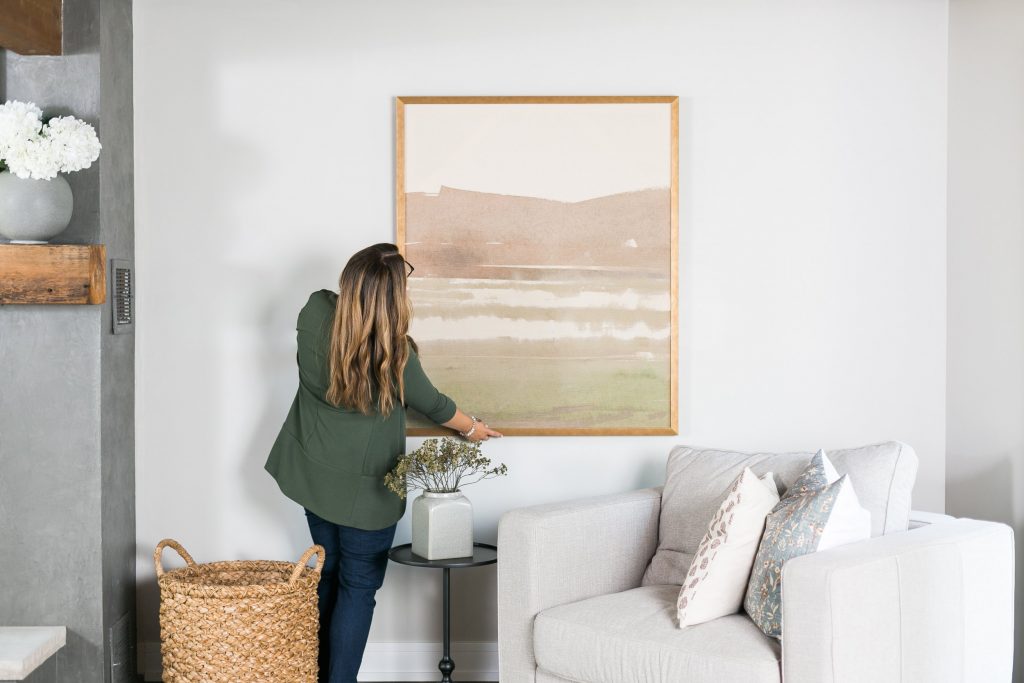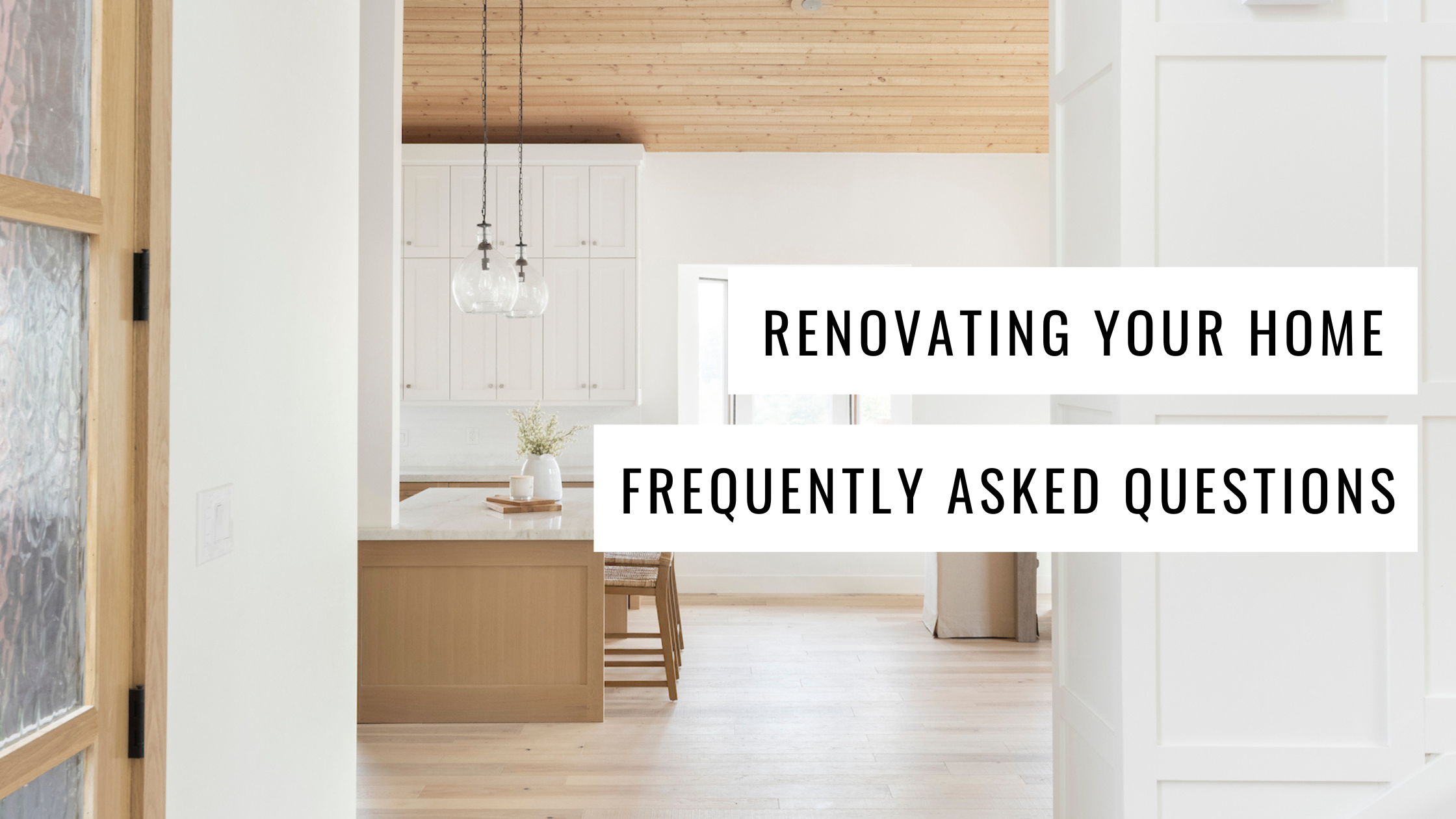How do I pick a contractor?
Ideally, you want to build the same kind of relationship with your contractor as you do with your real estate agent: one built on trust that makes you want to go back to that person for any future needs. Your contractor should be a very good listener and communicator. You want them to “get” your vision for your home, and to keep you in the loop every step of the way. Do your due diligence by checking out contractors’ reputations, talking with other clients, and looking at work they have done previously before you make your selection.
How much will my project cost?
Of course, the answer depends upon the scope of your project, but in order to get the best estimate from your contractor, take time to write down each detail of your plan so that the contractor can include everything in their estimate. Renovations are famous for taking longer and costing more than originally planned, but this is often because the homeowner makes additions or changes along the way, or they don’t realize that, for example, if you move a wall in your home, you may have to then reroute electricity and outlets. One item often leads to another, so you have to look at everything piece by piece.
How long will renovations take to complete?
As we said above, this depends on the amount of work being done– and how many changes are made along the way. Time of year and type of job also play a factor The more pre-planning you do, the better estimate your contractor can give you.
BUT here are some ballpark timelines for you to start thinking about:
- A bathroom remodel can take anywhere from 3-4 weeks
- The average kitchen remodel takes 6-8 weeks
- Carpet replacement can take 1 – 3 days whereas vinyl plank may take up to a week depending on the size of the area.
- Installing a new fireplace can take 1 – 7 days depending on whether its a replacement or new addition.
How do I prioritize projects?
If you are living in your home during renovations, you may want to plan out the project in phases, so you can live out of some rooms while others are being worked in. You may also need to phase projects based on cost and availability of funds.
Where do I begin?
You begin by conducting a lot of research. Start a lookbook for your home, either in a notebook or online, collecting pictures of the look and finishes you want. If you’re interested in working with an interior designer, I LOVED working with Bleu Bee Designs when she helped me with my office. Best of all, she offers virtual design services (which I utilized).
Talk to different contractors, and visit kitchen, bathroom, appliance, and flooring showrooms to get ideas on selections and pricing.
Do I need permits?
Your contractor will know what projects require permitting. Make sure that you do abide by permitting regulations, as failure to secure proper permits can come back to bite you if further work is needed down the road. OR when you go to sell.

How much will renovations increase my home value?
Every homeowner hopes that making improvements will increase their home’s value, and this is usually the case, but sometimes what homeowners view as improvement can turn out to be liabilities to future buyers.
For example, don’t put so much money into the house that it becomes more expensive than the rest of the neighborhood. And be careful not to add personal style preferences that can’t be easily changed, like ornamental fixtures, radical architecture, or unusual landscape features.
A few of the top projects with a high ROI (or return-on-investment) are:
- Paint Refresh
Dollar for dollar, a neutral paint refresh throughout the entire home can be one of your best investments! - Focus on the Kitchen
- Update Mirrors
This one is especially helpful if you have dated, over sized (and builder grade) mirrors. - New Hardware in the Kitchen, On Doors & Fauces
Another fairly inexpensive project that can instantly udate and elevate your space! - Exterior Improvements
Things like a fresh coat of paint on the front door and nice landscaping go a LONG way toward enhancing curb appeal and buyers first impressions. - Create Functional Spaces
Think: Mud Rooms, Home Offices, and Laundry rooms - Refinish Hardwood Floors or Replace Worn/Stained Carpeting
- Update the Bathrooms
If you cant swap out everything – consider a facelift on the sink (very affordable), new light fixtures, faucets and paint.
How should I pay for renovations?
If you have the cash to pay for your renovations, that’s certainly a good way to go. Otherwise, you might consider a home equity loan with a manageable monthly payment or a revolving line of credit that you can use for renovations as well as emergencies that may arise later.

